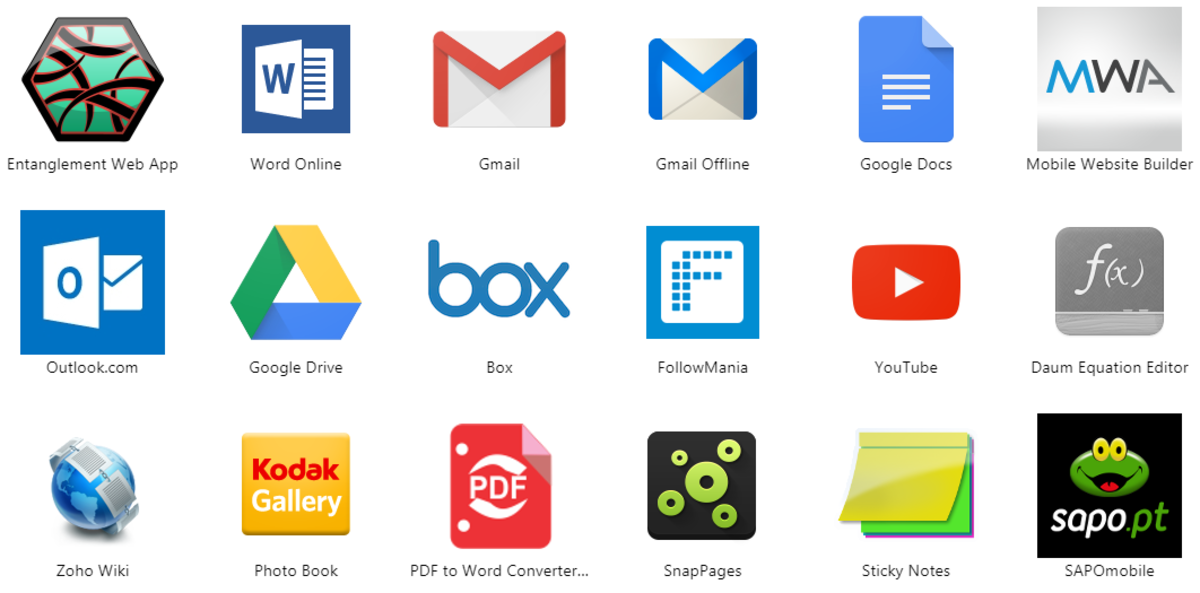Mobile Business Solutions - The Gateway to the Future of Business

The Significance of Mobility in Business
In this modern era of technology and connectivity, digitization is rapidly growing with each passing day. Businesses have started moving their operations beyond the boundaries of office spaces. The massive increase and adoption of the mobile business solutions have compelled the business owners to implement an efficient mobile business solution.
Products are being bought everywhere, services are being used 24/7, and customer relations are getting more interactive. Employees are increasingly working on the go or at their home. Mobilization is an expanding phenomenon, connecting things and places as well as people.
Mobility in Business
Employees are now working on remote sites or they are continuously on the go with local and international travel. This makes it difficult for them to connect with the company’s data server all the time and get access to the company's resources. Not only employees, extensive business operations include products being sold across the world, services being used and customer interactions becoming more interactive around the globe. Through mobilization a business can combat connectivity issues across all dimensions and at any given time, connecting people and things conveniently.
In this fast-moving and growing business operation, it is relatively clear that having access to emails on mobile phones is significantly insufficient for enhanced productivity and having well-informed employees in the company. The ultimate integration of mobile devices such as smartphones, tablets, laptops etc., along with their related applications and software, which will considerably make it easier to get connected and remained informed along with being in continuous collaboration with colleagues, customers, and suppliers while being away from the office.

A Strategic Approach to Implement Mobile Business Solution
All the successful organizations today are the ones who are emphasizing to adapt to a mobile access solution for their business applications, in order to multiply and enhance the business operations and amplify their revenue.
However, in order to implement a defined and customized mobile business solution, it is essential to have an approach which is designed to tailor all the relevant and specific needs of a business. The deployment of the mobile strategy should also focus on the degree of flexibility that will be essential over time to improve the mobile operations and applications and to keep them up to date. Doing so will result in a system being less effective as it would not be able to grow and adapt to the changing technological situations, making it incompetent and a less optimum investment strategy.
Determination of a Successful Mobile Business Solution
A successful mobile business solution implementation is the one, which coherently incorporates end-users requirements, existing infrastructure of the company, security of the corporate confidential data and related business requirements. The entire organization and related stakeholders should be benefited from the applied solution, and then only it can be considered as being a successful mobile business solution.
A profound strategic approach to implement the mobile business solution in a company will comprehensively include the following:
1. Moving Beyond Emails:
When entering into the mobility world, most of the companies have already implemented mobile email services for the employees. However, whenever it comes to complex deployment of applications for mobility, many companies are still hesitant because they think that this might make the company’s confidential information prone to any potential threat.
The ultimate solution to this is the deployment of visually interactive and high caliber mobile devices. Simple applications which use the existing infrastructure such as XML and web-based applications can be implemented with visual application development tools. This results in a dependable lower cost solution for different business purposes.
2. Enhancing Complexity:
The customized effective solution requires the deployment of more complex workflows and interactions. These implementations should incorporate the use of selected devices, middle-ware extensions, and different connectivity options. The existing infrastructure and platforms of application should be considered prior to deploying such complex workflows. A highly integrated and flexible approach should be adopted at the time of implementing such complex structures and workflows.
The best mobilizing solutions which primarily applies extensive focus on compatibility for employees as well we third part suppliers are Microsoft, JAVA, SAP, and Oracle.

3. Prioritizing End-Users:
Different technological approaches can be adopted by the companies to meet their specific needs; however, the end users which are the employees who will be physically interacting with the system should always be put on the highest priority. Most of the failed mobile business solution deployments result due to the poor implementation of the system which results in decreasing productivity for the end users.
4. Secured Systems:
Security of company’s confidential data is the prime concern of every business owner. The implemented mobile business solution should focus on a solution which safeguards the confidential data and related assets. Network security features should be closely monitored and applications related to the data safety should be updated on a regular basis.
Do More With Mobile Business Solutions

5. Defining Requirements:
A successful implementation is the one, which has included predefined current and future requirements from the end users and the organization. All current prospects of a company which combines and links all its operational activities’ should be defined in the solution before implementing it, so the solution can implemented in line with that.
Moreover, it is a sensible approach to define the future predictable requirements in the system at the time of deployment. This avoids the need to amend or reinstall the system with the course of time. This is imperative for the companies who are undergoing significant changes in the business structure of the company in relatively shorter spans of time.
6. Evaluation of Assets:
It is important to evaluate all current assets of the company prior to deploying a mobile solution. This helps the company in achieving its short and long-term goals. Different assets, which include the mobile devices, applications, existing infrastructure, development tools, security features and network connectivity, should be monitored on a regular basis.
The short and long-term compatibilities of assets with the implemented system should also be evaluated and monitored in order to ensure that the system will be able to meet its business requirements in the years to come.
7. Interruption-less Deployment:
A successful implementation of processes is the one which is deployed without creating any hindrance in the running operational activities of the company. Big organizations cannot afford to hold the operations or network instability for a long period of time during the implementation of any business solution in the company’s infrastructure. An error-free and stable installation should be the prime priority when establishing the process in a company.
© 2018 Rahma Khan








